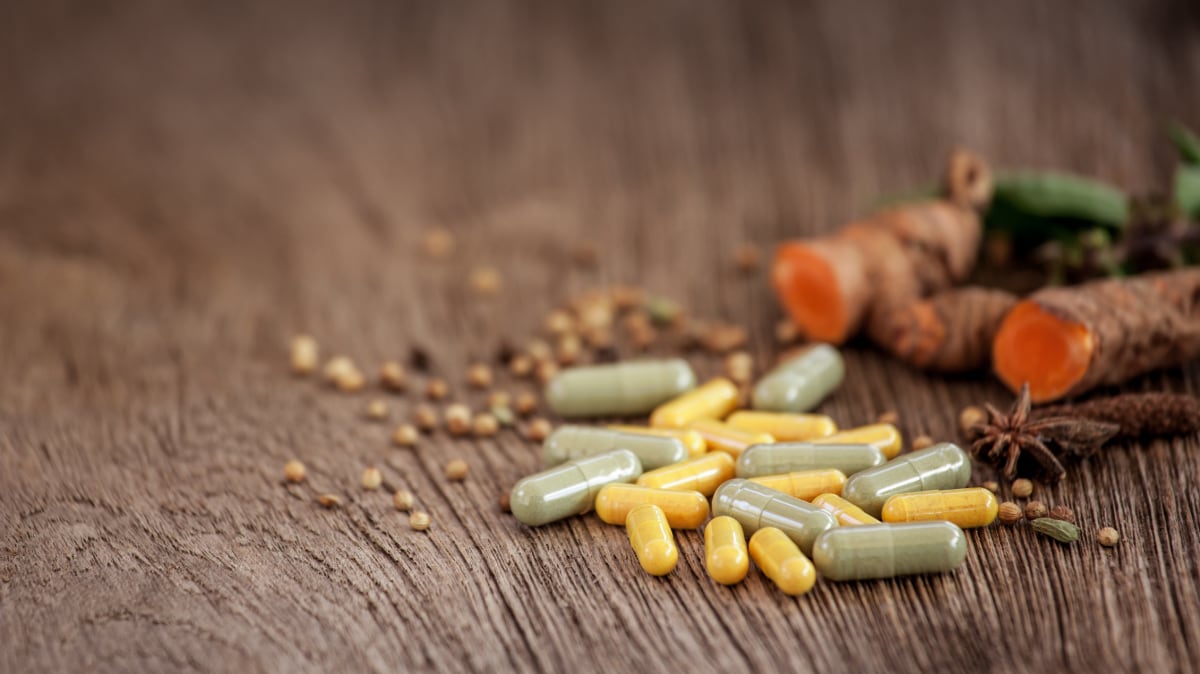Samples of China herbal medicine company Beijing Tong Ren Tang's bronchi-cough pills, Qiguanyan Kesou Tanchuanwan, were tested by the TGA’s laboratories for the presence of undeclared ingredients as part of a routine survey of the quality of medicines on the Australian market.
This led to the detection of two prohibited substances — aristolochic acid and amygdalin — in one of the batches and one prohibited substance (amygdalin) in another batch.
Total recall
The Australian branch of the company has since issued an urgent recall of both batches of the product, whose prohibited substances are listed in Schedule 10 of the TGA's Poisons Standard. The standard labels such substances as being of "such danger to health as to warrant prohibition of sale, supply, and use", as consuming them even in low doses can be detrimental to health.
In its public notice, the TGA said: "If you or someone you provide care for takes bronchi-cough pills, please be alerted to this issue and discontinue use immediately. The product should not be consumed. If you have any bronchi-cough pills, the remaining product can be returned to the place of purchase for a refund."
In its recall notice, the herbal medicine firm said, "Beijing Tong Ren Tang Australia Pty Ltd sincerely regrets any inconvenience to their customers."
A company spokesperson also said it would investigate the issue, although there had been "no mutual agreement" between the TGA and Beijing Tong Ren Tang regarding any corrective action.
A TGA spokesperson told NutraIngredients-Asia: "Most recall actions are voluntarily initiated by the person or organisation responsible for the goods once they become aware of a problem. The sponsor has responsibility for the recovery and disposal of the goods, or completion of the agreed corrective action."
Deadly discovery
Australian authorities banned aristolochic acids in the country in the 1990s, after female patients at a Brussels clinic had ingested a weight-loss formula and subsequently contracted nephritis, leading to rapid kidney failure.
The TGA said in its notice that so far, there had been "no established safe exposure level" to aristolochic acids, which are also linked to urinary tract cancers.
Amygdalin, on the other hand, used to be considered a popular cancer cure, despite the lack of scientific evidence of its purported anti-cancer effects. In fact, it has been found to contain cyanide; its consumption can lead to liver and nerve damage, and even death.
Inaccurate layman terms such as laetrile and vitamin B17, which are often used to refer to amygdalin, can also result in confusion among consumers. In reality, amygdalin is not classified as a vitamin, and is a different substance from laetrile.
Aussie assurance
The TGA spokesperson said the regulator was advising consumers to look for the Australian listing number (AUSTL), Assessed listing number (AUSTL[A]), and / or Australian Registration Number (AUSTR) on a product label to ensure it is on the Australian Register of Therapeutic Goods (ARTG), which is regulated by the TGA.
The spokesperson added: "Consumers should exercise extreme caution when purchasing medicines from overseas Internet sites. Medicines available for purchase over the Internet, including from overseas-based sites, may not be subject to the same level of quality control as medicines regulated for sale in Australia by the TGA.
"In some cases, they contain little or no active ingredients, or ingredients different to those as advertised. Some medicine labels, particularly (on products) purchased from overseas websites, may not disclose that the products contain prescription medicine ingredients."
Presently, the TGA has an active programme to monitor the quality and safety of therapeutic goods that includes laboratory testing. It routinely performs testing to monitor the quality of products sold on the Australian market.
At the same time, the regulator runs an active post-market surveillance programme to monitor the safety of all complementary medicines — including TCM products — supplied in Australia. This includes monitoring suspected adverse event reports, international regulatory activities, and literature reports.
If laboratory testing detects a quality or safety problem with a product, the TGA will issue alerts and recalls on its website, with recommended actions for consumers and health professionals.
In addition, if it identifies an issue, it employs a risk-based approach to determine if any regulatory action is warranted in Australia. Any sponsor found in breach of the country's therapeutic goods legislation is subject to a variety of regulatory actions, which can include restrictions on how the product can be supplied, cancellation of the product from the ARTG, or even civil penalties and criminal prosecution in the most serious cases.
The spokesperson further said: "Sponsors of medicines are required to report to the TGA suspected adverse reactions to their medicines of which they are aware. Guidance for sponsors is provided on the TGA's website.
"If consumers experience a suspected adverse event from a complementary medicine, they are advised to seek advice from a health professional and then report the adverse event to the TGA.
"The TGA will continue to monitor the safety of TCM products and will take appropriate regulatory action should new evidence come to light."

